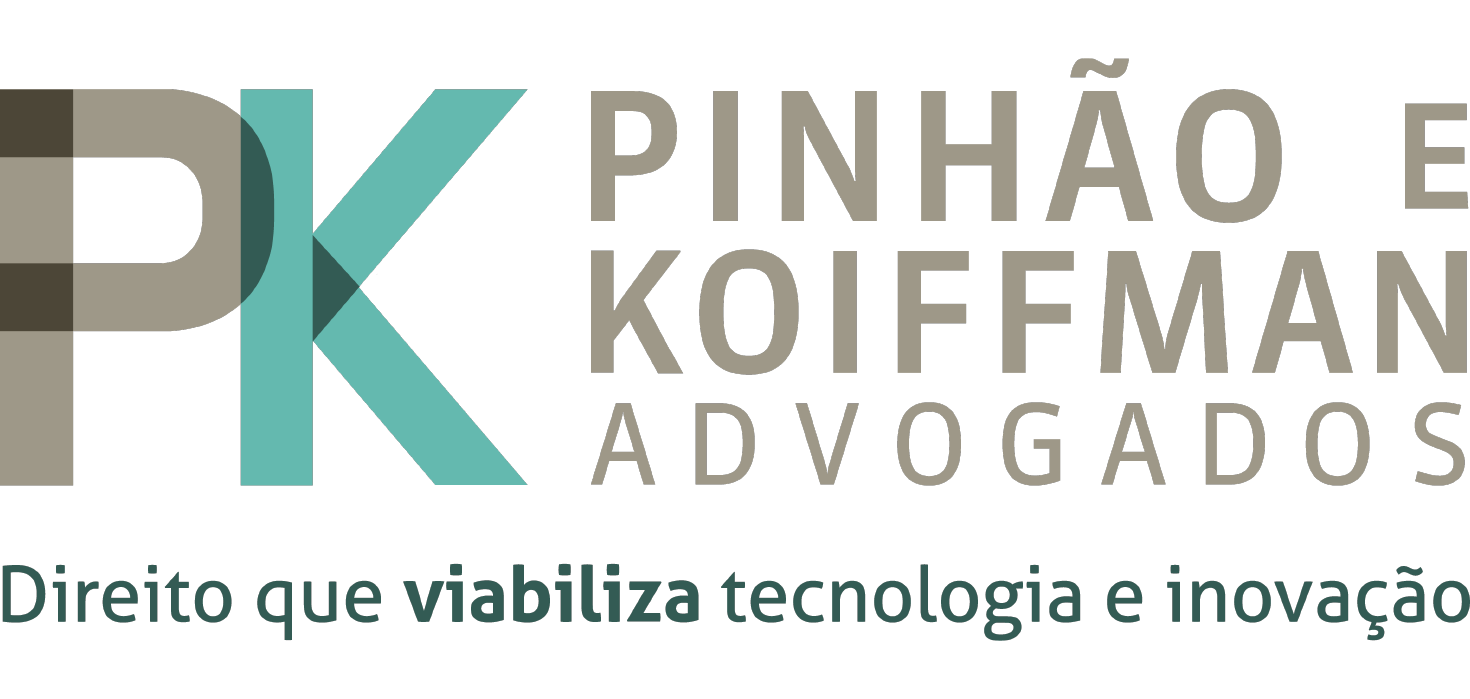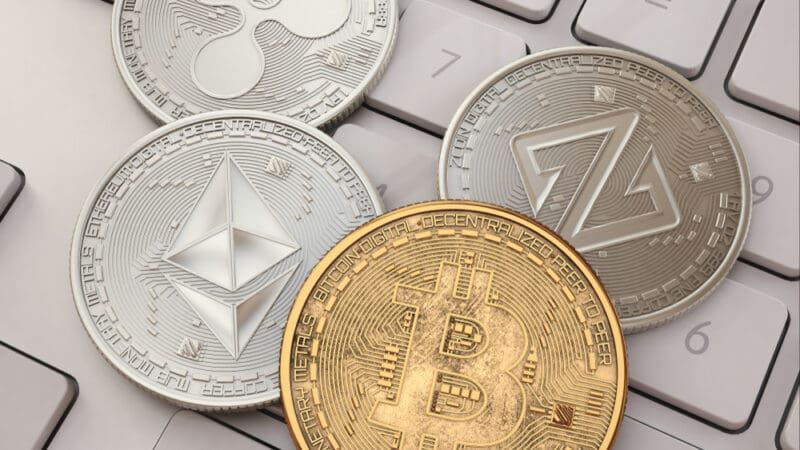The Securities and Exchange Commission of Brazil (“CVM”) issued today (09/19/2018) the Official Letter nº 11/2018 clarifying to the investment funds, regulated under IN CVM nº 555, the requirements to indirect investments in cryptoassets.
According to CVM, the investment funds are authorized to effect indirect investments in cryptoassets through acquisition of quotas of investment funds and derivatives abroad, for example, since regulated in the country in question.
In those countries, these investments should be made through regulated and supervised negotiations platforms (“Exchanges”), ruled by authorities empowered to prohibit, among others, illegal practices of money laundering, fraudulent operations or price manipulation. If the investments are not made through Exchanges with those characteristics, administrators of the investment funds shall ensure that the chosen structure is able to fully attend the legal and regulatory requirements as for the regulated Exchanges.
The fund manager shall verify if the invested cryptoasset does not represent a fraud, checking relevant variables associated to issuing, governance model, administration and other cryptoassets’ characteristic, such as: (i) free open source software; (ii) public technology, transparent, availability and user verifiable; (iii) interest conflict or excessive power of issuer or cryptoassets promoter, or aggressive selling techniques, (iv) cryptoasset negotiation liquidity; (v) nature of the net, validation and consensus protocols and the used software, or (vi) profile of the developers team, as their engagement level to the project.
When cryptoassets represent other assets, the fund manager shall evaluate the risks of the cryptoasset issuer through due diligence, risk analysis of the aimed asset and if such cryptoasset would be a security, hypothesis that it would be necessary previous registration at CVM.
Besides, fund managers shall evaluate if the invested fund adopts practices and measures to mitigate similar risks as to the investment fund manager would adopt, for example, hiring independent auditors able to lead diligences on the cryptoassets hold by the funds.
Managers shall evaluate if the cryptoassets custodians of the invested funds have strong custody solutions able to avoid frequent attacks by hackers.
Manager also shall evaluate the governance rules set to the acquired cryptoassets, in order to be aware, include in the price and monitor possible additional risks, as the possibility of no equitable distribution, manipulations or even limitations to the negotiation liquidity. The intention of these measures would be avoiding operations known as forks or airdrops, which impose to the holders the risks of holding others cryptoassets resulting from these operations, which might differ in nature and characteristics from the cryptoassets originally hold by the investment fund.
The Brazilian fund documents shall inform the adopted rules and polices in relation to such events as well as the particular risks that a cryptoasset investor is exposed to, for example, fraud risks and financial pyramids, lack of suitability, money laundering and tax or currency evasion, CVM no monitored negotiation environment, cybernetics, cryptoassets fluctuation and liquidity, among others.
The manager shall also verify if the invested cryptoasset has liquidity compatible with the periodic fund pricing needs to avoid an inappropriate share of wealth among the fund quota holders, for example investing in cryptoassets with permanent disclosure of globally recognized rates, elaborated by independent parties and based in effective transactions.
Hélio Ferreira Moraes – 09/19/2018
Partner of PK Advogados




